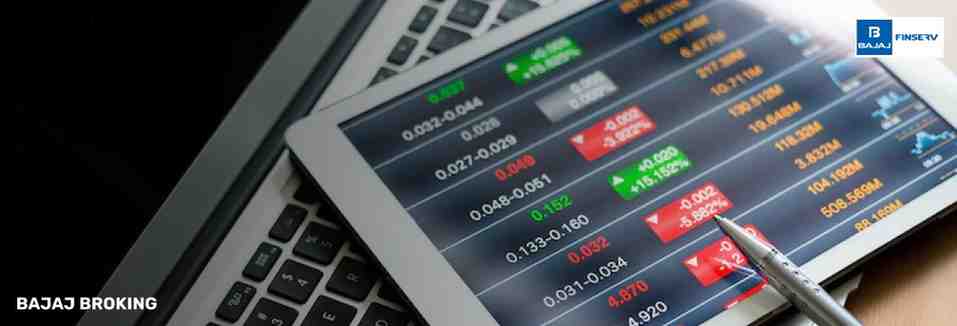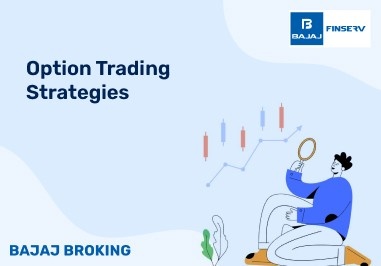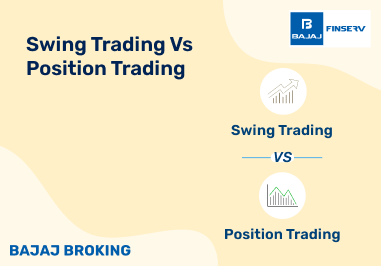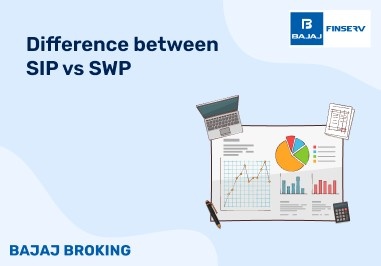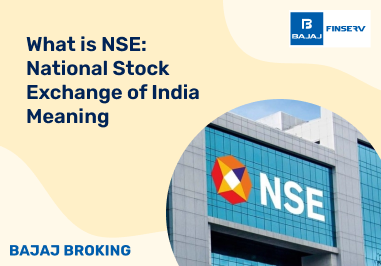I still remember when I first heard the word “demat.” I thought it was some new fintech app. However, it turns out it is way older than the apps I use today. If you are starting out in investing, you probably already have a bank account, right? That’s your comfort zone. But the demat account… that’s the slightly mysterious cousin.
Both are important. They just do different jobs. Your bank account is where your money lives, breathes, and occasionally disappears when you spend it. The demat account? That is more like a digital locker for your shares, bonds, and mutual funds. Together, they form the two ends of your investment pipeline: money goes out of your bank, transforms into stocks, and then sits quietly in your demat, waiting for you to decide its fate.
What is a Bank Account?
Think of your bank account as the familiar piece of your financial puzzle. You get your salary there, pay bills, send your friend that ₹200 for chai, or stash away savings for that Goa trip you never take. It’s safe, convenient, and, honestly, we don’t give it much thought because it is always just there.
It’s not only about spending or saving. A bank account quietly supports everything else—online shopping, loan eligibility, even stock market transactions. At the end of the day, every rupee you earn or spend will pass through it. Without one, daily financial life would be… chaos.
What is a Demat Account?
Now, a demat account—short for “dematerialised”—is not something many people grow up with. You do not open one as a teenager unless you are that rare kid who buys stocks instead of sneakers. But once you start investing, it becomes your favourite friend.
Picture it as a sleek, invisible locker. No physical share certificates cluttering your drawer. No risk of misplacing important papers. You buy a stock today, and boom—it appears in your demat account digitally. Neat, organised, and stress-free. Whether you are a first-time investor buying your very first mutual fund or someone managing a huge portfolio, the demat account makes it all ridiculously simple.
How Does the Whole Process Work?
Okay, let’s put the pieces together. You have money in your bank. You want to buy shares. Here’s what happens:
You move funds from your bank into your trading account.
You place an order—maybe it’s Infosys, maybe it’s Reliance, maybe it’s that small-cap stock your cousin keeps hyping.
The trade goes through. Within a day or two (T+1 or T+2, if you want the jargon), the shares land in your demat.
Meanwhile, the money quietly slips out of your bank.
Reverse the process when you sell. Shares leave your demat, money flows back into your bank. It is like a well-choreographed dance between accounts—you barely notice the steps once you get used to it.
Key Differences Between Demat vs Bank Accounts
Feature
| Demat account
| Bank account
|
Purpose
| Holds securities like shares, bonds, ETFs digitally
| Holds money for withdrawals, deposits, payments
|
Function
| Used for stock market investments, stores securities
| Used for savings, payments, and daily use
|
Operated by
| Depository participants (NSDL, CDSL) via brokers
| Banks and financial institutions
|
Examples of holdings
| Shares, mutual funds, bonds, debentures
| Indian Rupees, savings, fixed deposits
|
Regulation
| SEBI through depositories
| RBI and banking laws
|
Transaction type
| Credit/debit of securities
| Credit/debit of money
|
Statements
| Trade reports, demat holdings, transaction records
| Passbooks, mini statements, summaries
|
Linkage
| Linked with trading and bank accounts for investing
| Linked with demat and trading for fund transfer
|
Benefits of a Demat Account
When I first open a demat account, I was worried it would be complicated. Spoiler: it was not. The beauty of a demat is that it clears away clutter.
No paper certificates. No fear of losing documents.
Faster trade settlements—you don’t sit around waiting.
Access everything through an app. At the metro? Waiting in a queue? Your portfolio is right there.
Add a nominee to safeguard your family.
Manage mutual funds, bonds, stocks—all in one place.
And yes, you save on stamp duty. Small wins matter.
Benefits of a Bank Account
A bank account feels so normal that we forget how powerful it actually is. Without one, the financial world would shut its doors on you.
Money is safe, regulated, and always accessible.
Instant transfers via UPI, NEFT, RTGS—you name it.
Your salary, your dividends, refunds, even that unexpected cashback—all come here.
Earn interest while doing nothing. Lazy money working for you.
Helps you qualify for loans. Clean record = better chances.
And, it keeps you connected to your investing ecosystem.
How to Link Your Demat and Bank Accounts?
This is where the puzzle pieces click. Linking ensures your investments and money talk to each other. It sounds technical but, honestly, it is just filling in details right.
Enter your bank details carefully while opening your demat.
Attach a cancelled cheque—it avoids mistakes.
Double-check your IFSC code. Tiny errors create massive headaches.
Changed banks? Submit an update form, easy fix.
Keep both accounts in your name—it is mandatory.
And yes, brokers now let you link online. Quick, paperless, and smooth.
Conclusion
At its core, the difference is simple: your bank account stores your cash, your demat account stores your stocks. But together? They give you the power to grow wealth, track progress, and dream a little bigger.
India is shifting rapidly to digital finance. The earlier you get comfortable linking and managing these accounts, the faster you can take charge of your financial journey. Think of it as setting up a strong base before you start climbing the investing ladder.
